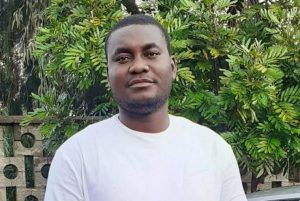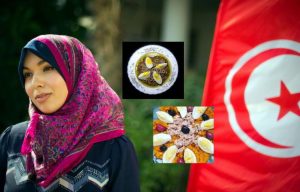This year, the Comboni Missionaries are celebrating seventy years of their presence in Portugal. An Institute that is born and grows in response to the new challenges of mission in that country and in the world.
The decision was reached in agreement with the Vatican Secretariat of State with a view to opening missions in northern Mozambique. In order to do this, it was necessary to open a house of formation for aspiring missionaries as had been established in the ‘May 1940 Agreement’ between the Vatican and Portugal which stipulated that the missionary congregations present in territories under Portuguese administration should have a house of formation in Portugal.
The first Comboni Missionary, Father Giovanni Cotta arrived in Lisbon on 1 April 1947. Having visited Lisbon, Fatima and Aveiro, he arrived in Viseu on 22 April. He was enthusiastically welcomed by the bishop of the diocese Msgr. José da Cruz Moreira Pinto and the diocesan clergy. A few months later he acquired a plot of land on which to build the first Comboni house in Portugal.
Later, on 3 November, other Combonis arrived intending to dedicate themselves to the apostolate. The foundation stone of Viseu Seminary was laid on 1 June, 1948. A year later, on 14 August 1949, it was opened as an institute of education and received its first students, a group of 17 young men. However, it was not until 11 December 1955 that the first Comboni seminary in Portugal was solemnly inaugurated. In less than three years, other formation houses were opened.
The Comboni houses of formation became true focus points for missionary animation. Mission support groups came into being around them and around other local Comboni communities.
In January 1956, the magazine Alem Mar was launched with the purpose of making known and providing information concerning the mission of the Church in the world. Missionary animation is closely connected with vocations promotion.
During the sixties and seventies, the Comboni Missionaries in Portugal showed creativity and vision for the future. In 1966, a community was opened in Lisbon, the capital that would be the headquarters of the magazine and where the magazine for children, ‘Audacia’, would be published.
During the 1970-1971 academic year, a new house was opened in the university city of Coimbra. On the 18th October 1972, a missionary presence was established in Ribatejo with the opening of the novitiate in Santarém. Finally, on 10 October 1977, a formation house for Brothers was opened in Aveiro. The fruits of these centres of formation and missionary animation were seen especially in the eighties and nineties: in these two decades, 47 Portuguese joined the congregation of the Comboni Missionaries.
Up to April 1974, Portuguese Combonis could only be sent to the missions of Mozambique and Brazil. The difficulty derived from the absence of diplomatic relations between Portugal and other African countries and also the colonial policy of Portugal. The events of 25 April 1974 – a “carnation revolution” completely changed the political situation of the country – opened the door to new destinations for Portuguese Combonis. As early as the late seventies they were to be found in five African countries from Togo to Kenya, including the Democratic Republic of Congo. Later, in the eighties and nineties, the Portuguese Comboni Missionaries were present in other African countries (Chad, Ethiopia, Sudan, South Africa and Uganda), in Latin America (Peru, Ecuador, Colombia and Costa Rica) and in Asia (The Philippines and China).
Today, the Portuguese Comboni Missionaries number is around 88, with 49 of them working in 15 countries. In Portugal, they are present in five dioceses and seven communities. They are continuing their commitment in missionary animation, vocations promotion and mass media. They lead the numerous missionary groups throughout the country. They are also open to the challenges presented by the society of today, especially that of the refugees who arrive daily from Africa and other parts of the world. In recent years, they have assumed three parishes in order to be ever more present in the country.
– Manuel Augusto Lopez Ferreira





